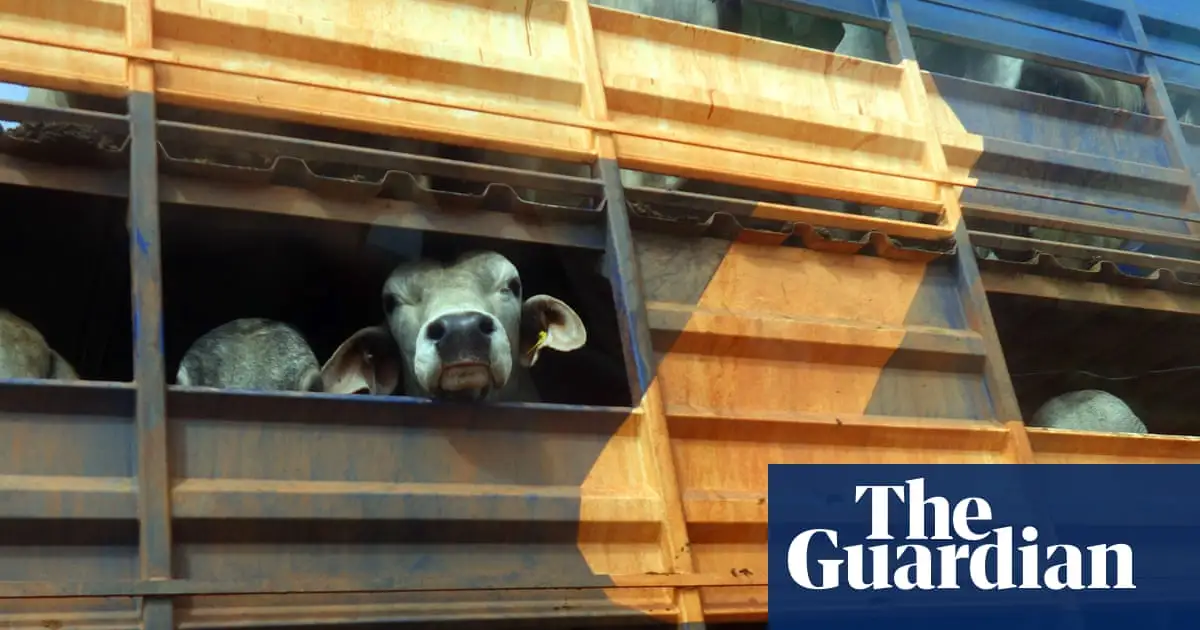cross-posted from: https://lemmy.world/post/11740609
Prof Mark Howden, the director of the Australian National University Institute for Climate, Energy and Disaster Solutions, said the sector’s net zero target is “effectively not possible”.
“It’s pretty well embedded in the public consciousness that red meat is high profile in terms of greenhouse gas emissions per serve,” Howden said.
“I suspect the industry saw this as a fundamental threat to their future … A few years ago everybody was kind of jumping on the net zero bandwagon without actually thinking through what it actually meant,” he said.
The CSIRO found the industry would fall short of meeting its net zero target, and instead recommended the adoption of a “climate-neutral” target that would require a reduction of methane emissions rather their complete elimination.



A plant-based diet is by far the least expensive one on the planet
Sure, but to get to a plant-based diet that meets the dietary and taste needs to replace a meat-based diet, takes an initial investment of time that some people may not be able to spare.
I’m not saying a matching diet will be more expensive, but the cost (mainly time) of changing diets is an investment some may be unable to afford. If there was a lot of social support for the working poor to change diets, sure, but to say changing diets is something that won’t take more time because the buying of produce and active cooking takes the same time is misleading.
That is a good point. Hopefully governments around the world will help people transition at eventually. However, for now, it should point corporations and governments in the right direction. If people, that can spare that initial investment, stop their demand for animal exploitation.
I didn’t read that whole article, just what you linked and a bit further. I’m inclined to be suspicious of what is said based on this very badly researched section:
Those “barren wastelands” were not seen as such to the peoples who lived there for millennia. It’s really only those who adhere to the concept of full enclosure and maximum profit who see these regions as barren wastelands rather than productive, self-sustaining environments.
I don’t know about other regions, but a great many of the shops in the far north of Canada get their stock once a year during the ice-free season and by air, both horrifically expensive undertakings compared to stocking the shelves of a local supermarket in a major city farther south.
It’s true that there is little or nothing in the way of agriculture in the region, but that only means a carnivorous diet is literally the only affordable way to survive, internet or not.
I get that the real rant is logically only supportable in reference to large scale animal agriculture, but let’s not pretend that it’s possible to have an affordable, healthy, vegetarian diet without industrial plant agriculture and large scale transportation networks, possibly global in nature. Both come with a myriad of their own ethical and environmental problems.